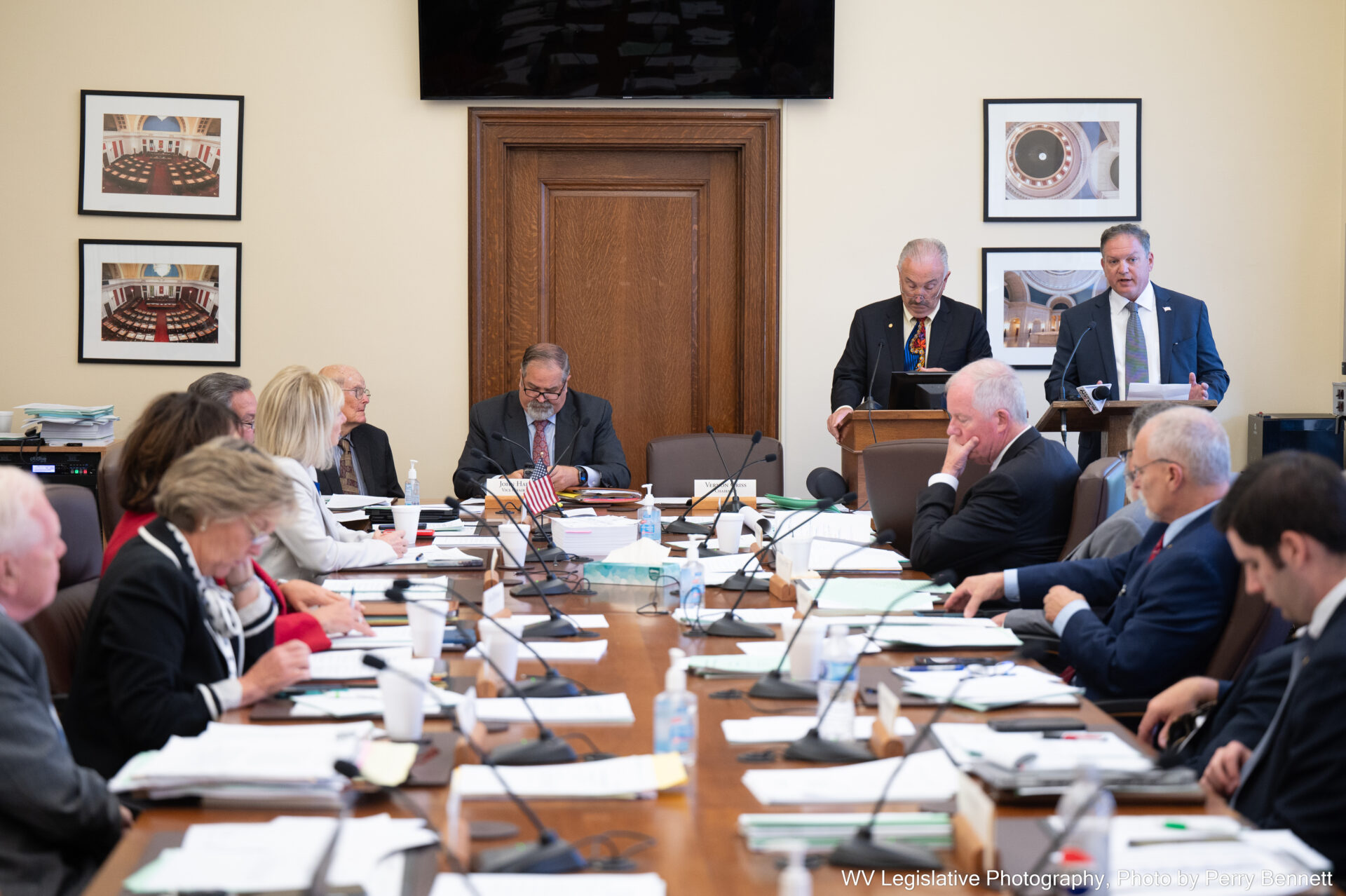The second special session of the West Virginia Legislature ran from Sept. 30 to Oct. 8. Ultimately, legislators passed 37 bills, including the major items Gov. Jim Justice pointed to before the first call: a two percent income tax rate cut, reduced from 5 percent on an amended Oct. 7 call; and a child care tax credit.
These were the only two completed bills to include fiscal notes. The childcare tax credit has an estimated $4.2 million loss in revenue, which covers this entire fiscal year, with eligibility starting from July; and the 2 percent personal income tax cut, effective Jan. 1, 2025, has an estimated $18.4 million loss in revenue this fiscal year and $46 million in the next full fiscal year.
The other major goal of the session was to move money to state programs. In all, 26 bills classified as new “supplemental appropriations” passed both chambers, amounting to a total $498,315,838.
Credit: West Virginia Legislature;
Other policy bills dealt with nuclear regulation, rerouting charter school funding applications, allowing funding for broadband expansion, decreasing unnecessary reserves for the Treasurer’s office, non-municipal fire fees, and approving opioid treatment program clinical trials.
Outside of supplemental appropriations, one bill also increased an existing appropriation to the maintenance for the State Road Fund by $150 million.
In all, legislators considered 47 unique bill topics. Most had counterparts in the other chamber — with the exception of one Senate bill to appropriate $15 million to university repairs, which passed; and four House bills aimed at additional childcare programs, which did not pass.
Each day a special session is called outside of interim meetings, it costs an estimated $35,000 per day, according to West Virginia Senate Director of Communications Jacque Bland. The session began on Sept, 30, then adjourned until the three previously scheduled interim meetings days Oct. 6 to Oct. 8, with floor sessions and committee meetings scheduled between.
Justice signed 20 bills on Oct. 10, with the remaining 17 awaiting his signature.
Incomplete Legislation
Del. Kayla Young, D-Kanawha, was the sponsor on four childcare bills, along with other House Democrats. The first proposed appropriating $4.6 million to the Department of Human Services’ Office of Child Care Development. The second outlined a $1,000 refundable child tax credit for all who qualify for a federal child tax credit; the bill would have cost an estimated $287.5 million per year. The third would have created a refundable tax credit at 50 percent of the federal child and dependent care tax credit. The fourth would have made all child care program employees who work at least 20 hours a week eligible for the DHS child care subsidy program. All stalled in committees.
Other incomplete legislation included:
- $4,632 for Parole Board employee raises and benefits;
- the original 5 percent personal income tax rate cut;
- and $5 million for a childcare expansion pilot program.
Two bills related to organizing and administering the state’s finances — one to reorganize the Municipal Bond Commission and another to change codes around bonded indebtedness — introduced on Justice’s Oct. 7 amended call also failed to make it to his desk.
A bill that would appropriate $300,000 towards four new rotunda statues failed to progress during the special session. One sticking point was it would have removed the statue of U.S. Sen. Robert C. Byrd. The legislature did, however, pass a resolution to send a Hershel “Woody” Williams statue to the U.S. Capitol.
